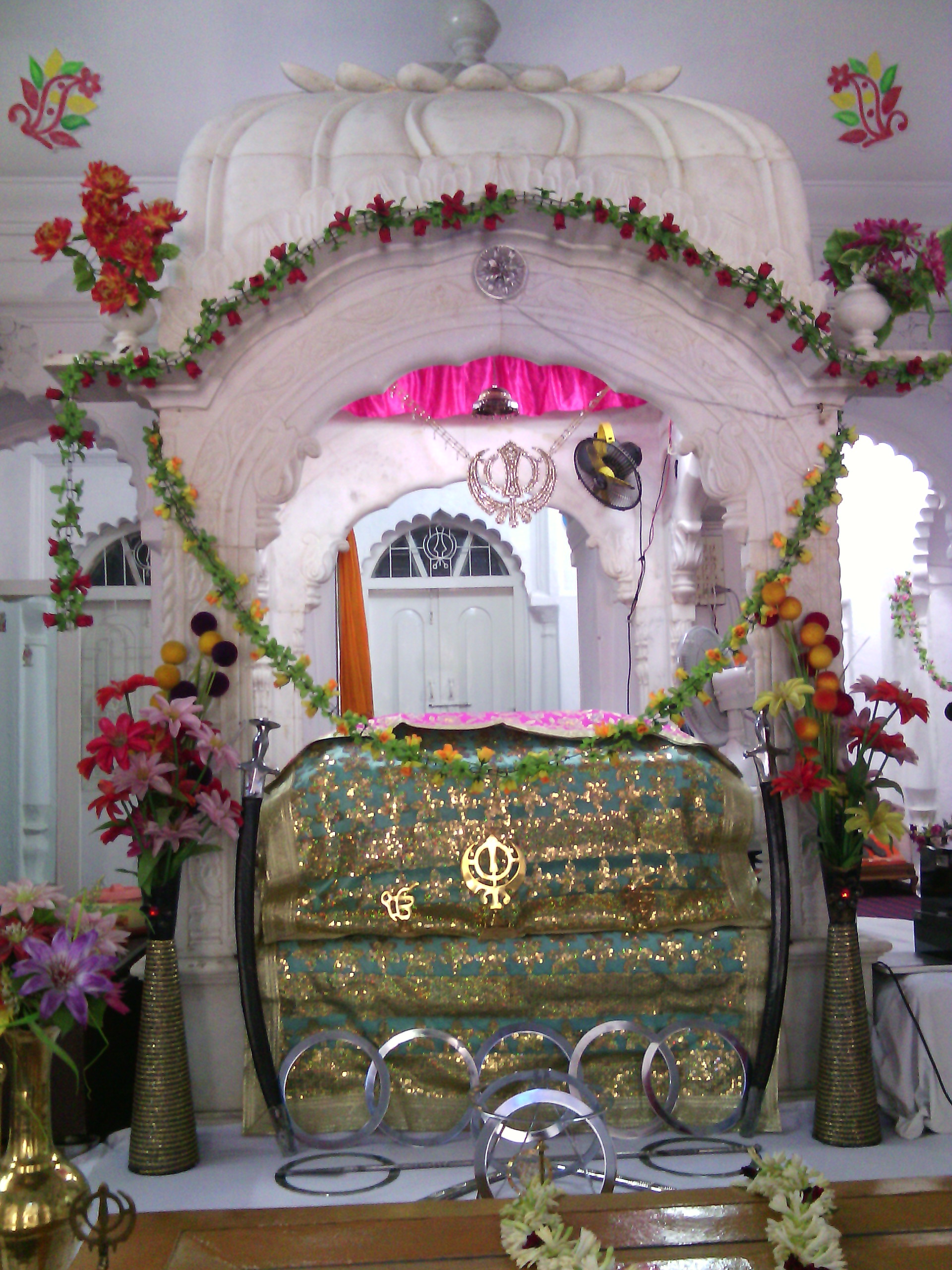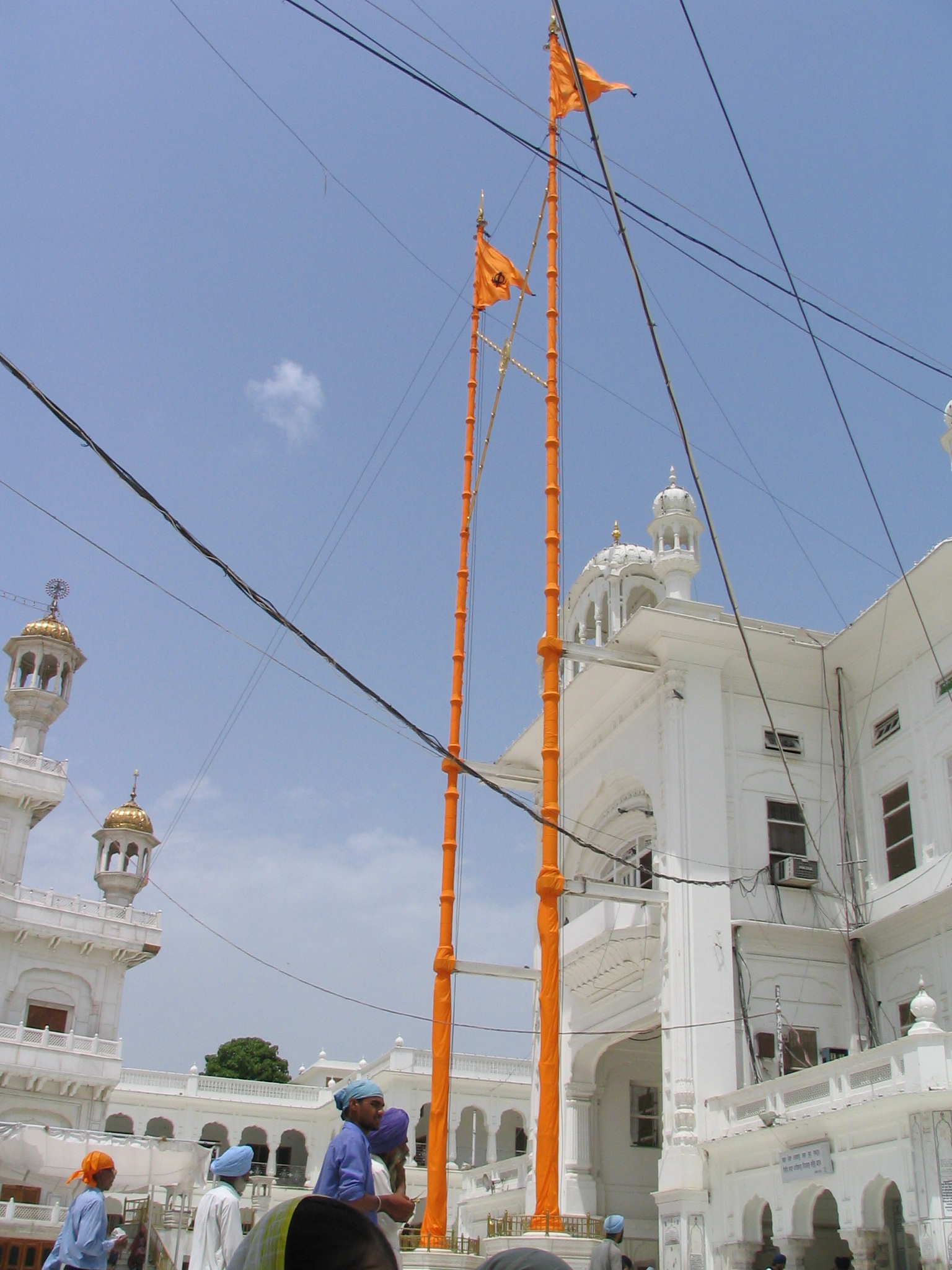|
Gurdwara Nanak Shahi
Gurdwara Nanak Shahi ( bn, গুরুদুয়ারা নানকশাহী, pa, ਗੁਰਦੁਆਰਾ ਨਾਨਕ ਸ਼ਾਹੀ) is the principal Sikh ''Gurdwara'' (prayer hall) in Dhaka, Bangladesh. It is located at the campus of the University of Dhaka and considered to be the biggest of the 9 to 10 Gurdwaras in the country. The Gurudwara commemorates the visit of Guru Nanak (1506–1507). It is said to have been built in 1830. The present building of the Gurdwara was renovated in 1988–1989. The parkarma verandah had been constructed on all four sides of the original building to provide protection. History The Gurudwara was built originally by Bhai Natha ji, a missionary who came to Dhaka during the time of the sixth guru. The building was completed in 1830. This Gurudwara commemorates the stay of Sri Guru Nanak Dev Ji (1469–1539). In 1988 to 1989 the building was renovated and the outside verandah was constructed for its protection and preservation wit ... [...More Info...] [...Related Items...] OR: [Wikipedia] [Google] [Baidu] |
Gurdwara NanakShahi Dhaka By Ragib Hasan
A gurdwara (sometimes written as gurudwara) (Gurmukhi: ਗੁਰਦੁਆਰਾ ''guradu'ārā'', meaning "Door to the Sikh gurus, Guru") is a place of assembly and place of worship, worship for Sikhs. Sikhs also refer to gurdwaras as ''Gurdwara Sahib''. People from all faiths are welcomed in gurdwaras. Each gurdwara has a ''Darbar Sahib Hall, Darbar Sahib'' where the current and everlasting guru of the Sikhs, the scripture Guru Granth Sahib, is placed on a (an elevated throne) in a prominent central position. Any congregant (sometimes with specialized training, in which case they can be known by the term granthi) may recite, sing, and explain the verses from the Guru Granth Sahib, in the presence of the rest of the congregation. All gurdwaras have a hall, where people can eat free vegetarian food served by volunteers at the gurdwara. They may also have a medical facility room, library, nursery, classroom, meeting rooms, playground, sports ground, a gift shop, and finally a repair ... [...More Info...] [...Related Items...] OR: [Wikipedia] [Google] [Baidu] |
Gurudwara Nanak Shahi,Dhaka
A gurdwara (sometimes written as gurudwara) (Gurmukhi: ਗੁਰਦੁਆਰਾ ''guradu'ārā'', meaning "Door to the Guru") is a place of assembly and worship for Sikhs. Sikhs also refer to gurdwaras as ''Gurdwara Sahib''. People from all faiths are welcomed in gurdwaras. Each gurdwara has a '' Darbar Sahib'' where the current and everlasting guru of the Sikhs, the scripture Guru Granth Sahib, is placed on a (an elevated throne) in a prominent central position. Any congregant (sometimes with specialized training, in which case they can be known by the term granthi) may recite, sing, and explain the verses from the Guru Granth Sahib, in the presence of the rest of the congregation. All gurdwaras have a hall, where people can eat free vegetarian food served by volunteers at the gurdwara. They may also have a medical facility room, library, nursery, classroom, meeting rooms, playground, sports ground, a gift shop, and finally a repair shop. A gurdwara can be identified from a di ... [...More Info...] [...Related Items...] OR: [Wikipedia] [Google] [Baidu] |
Religious Buildings And Structures In Dhaka
Religion is usually defined as a social-cultural system of designated behaviors and practices, morals, beliefs, worldviews, texts, sanctified places, prophecies, ethics, or organizations, that generally relates humanity to supernatural, transcendental, and spiritual elements; however, there is no scholarly consensus over what precisely constitutes a religion. Different religions may or may not contain various elements ranging from the divine, sacred things, faith,Tillich, P. (1957) ''Dynamics of faith''. Harper Perennial; (p. 1). a supernatural being or supernatural beings or "some sort of ultimacy and transcendence that will provide norms and power for the rest of life". Religious practices may include rituals, sermons, commemoration or veneration (of deities or saints), sacrifices, festivals, feasts, trances, initiations, funerary services, matrimonial services, meditation, prayer, music, art, dance, public service, or other aspects of human culture. Religions have ... [...More Info...] [...Related Items...] OR: [Wikipedia] [Google] [Baidu] |



